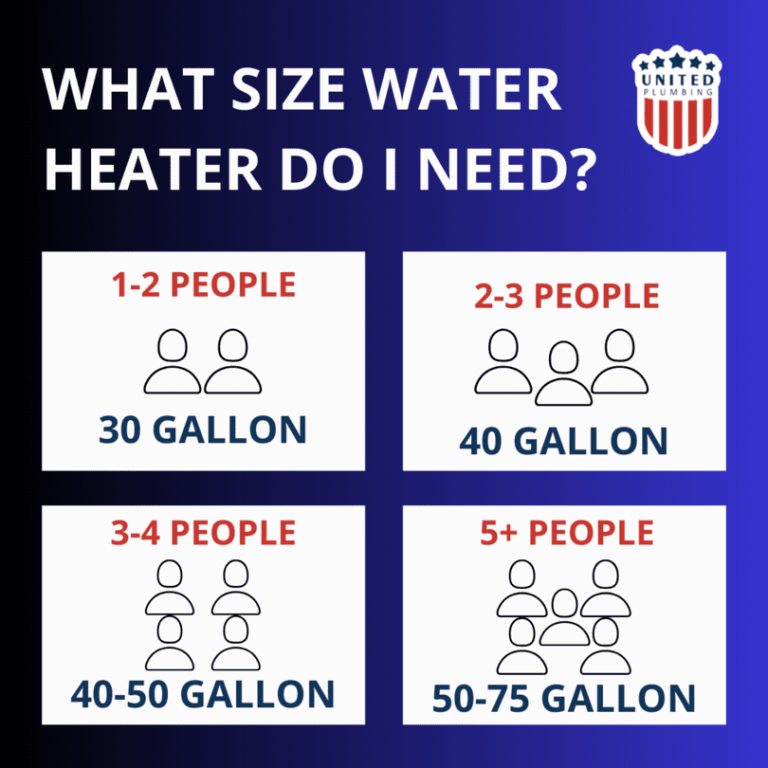5 Factors To Consider Before Water Heater Installation
Installing a water heater is a crucial decision that can significantly impact your home’s comfort and energy efficiency. Whether you’re replacing an old unit or installing a new one, there are several factors to consider to ensure you make the right choice for your needs. In this article, we’ll explore five key factors that you should take into account before proceeding with water heater installation.
Type of Water Heater:
The first decision you’ll need to make is the type of water heater that suits your requirements. There are various options available, including tankless, storage tank, heat pump water heaters. Each type has its own advantages and disadvantages. Tankless water heaters, for instance, provide hot water on demand and are energy-efficient, while storage tank heaters store a large amount of hot water but may consume more energy. Consider your household size, hot water usage patterns, and energy efficiency goals when choosing the type of water heater.
Fuel Source:
Different water heaters operate on various fuel sources such as electricity, natural gas, propane, or air-source and ground-source for heat pumps. The availability and cost of these fuel sources in your area can impact your decision. Additionally, some regions may offer incentives or rebates for choosing energy-efficient options.
Capacity and Size:
The size of your water heater should align with the demands of your household. A unit that is too small may struggle to meet your hot water needs, while an oversized unit can result in unnecessary energy consumption. Consider factors such as the number of occupants in your home, the number of bathrooms, and your daily hot water usage patterns. Calculate the required capacity to ensure your water heater meets your family’s demands without being overly large.

Energy Efficiency:
Energy efficiency is a critical factor in reducing utility bills and minimizing environmental impact. Check the Energy Factor (EF) rating of the water heater, which indicates its efficiency. Electric water heaters, hybrid water heaters, heat pumps, and tankless water heaters are considered energy efficient. Investing in an energy-efficient water heater may have a higher upfront cost but can result in long-term savings.

Installation Costs and Professional Assistance:
Before making a final decision, consider the upfront costs associated with the purchase and installation of the water heater. Factor in any additional costs such as plumbing modifications or electrical work. While some homeowners may opt for a DIY installation, it’s often advisable to seek professional assistance. A licensed plumber or contractor can ensure proper installation, compliance with local building codes, and optimal performance of your water heater.
Can I Install a Water Heater Myself?
Installing a water heater involves careful consideration of various factors to ensure the system meets your household’s needs efficiently. By evaluating the type of water heater, fuel source, capacity, energy efficiency, and installation costs, you can make an informed decision that enhances your home’s comfort while minimizing long-term expenses. Prioritize energy efficiency and seek professional assistance to guarantee a successful and trouble-free water heater installation.
Post views: 1180

